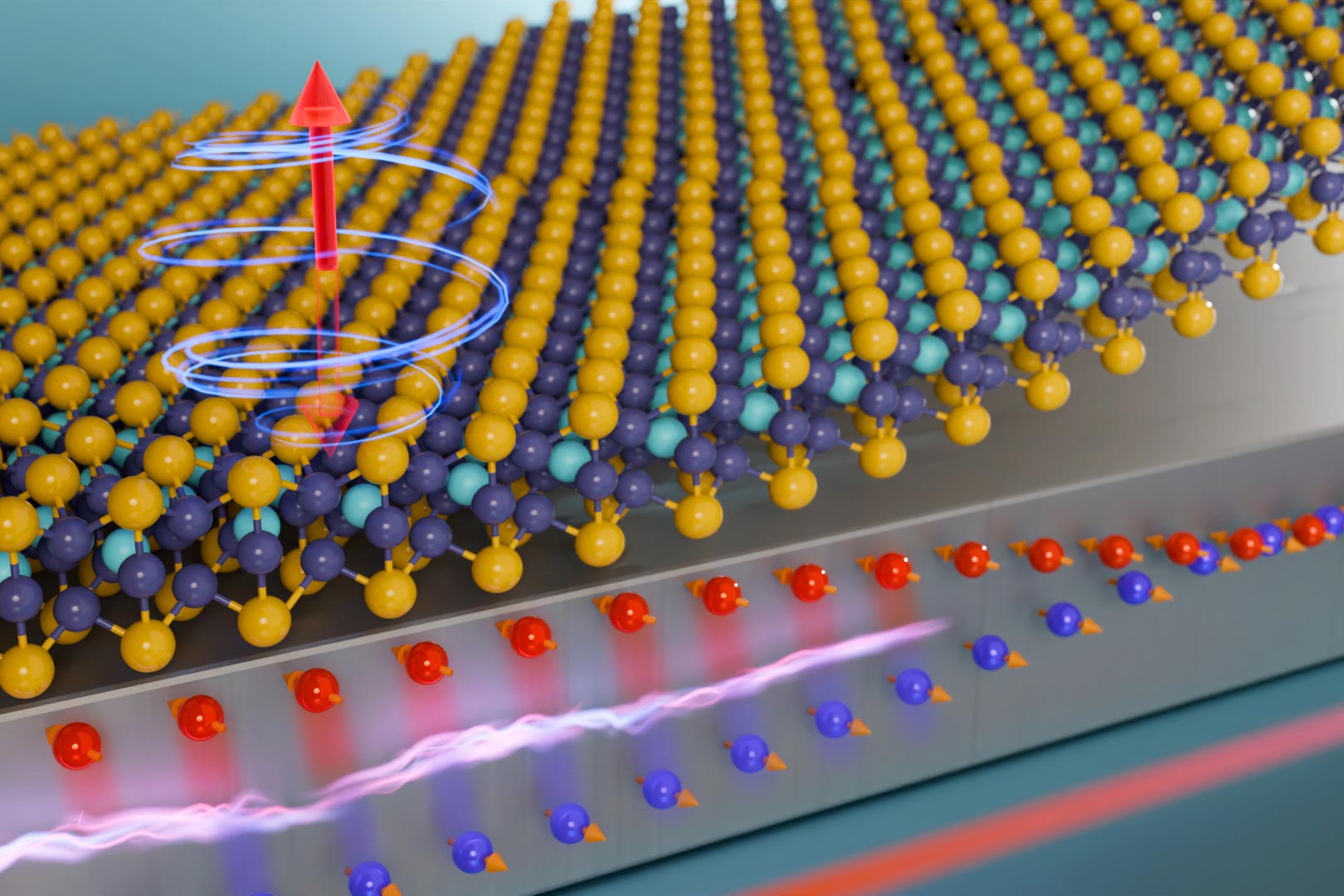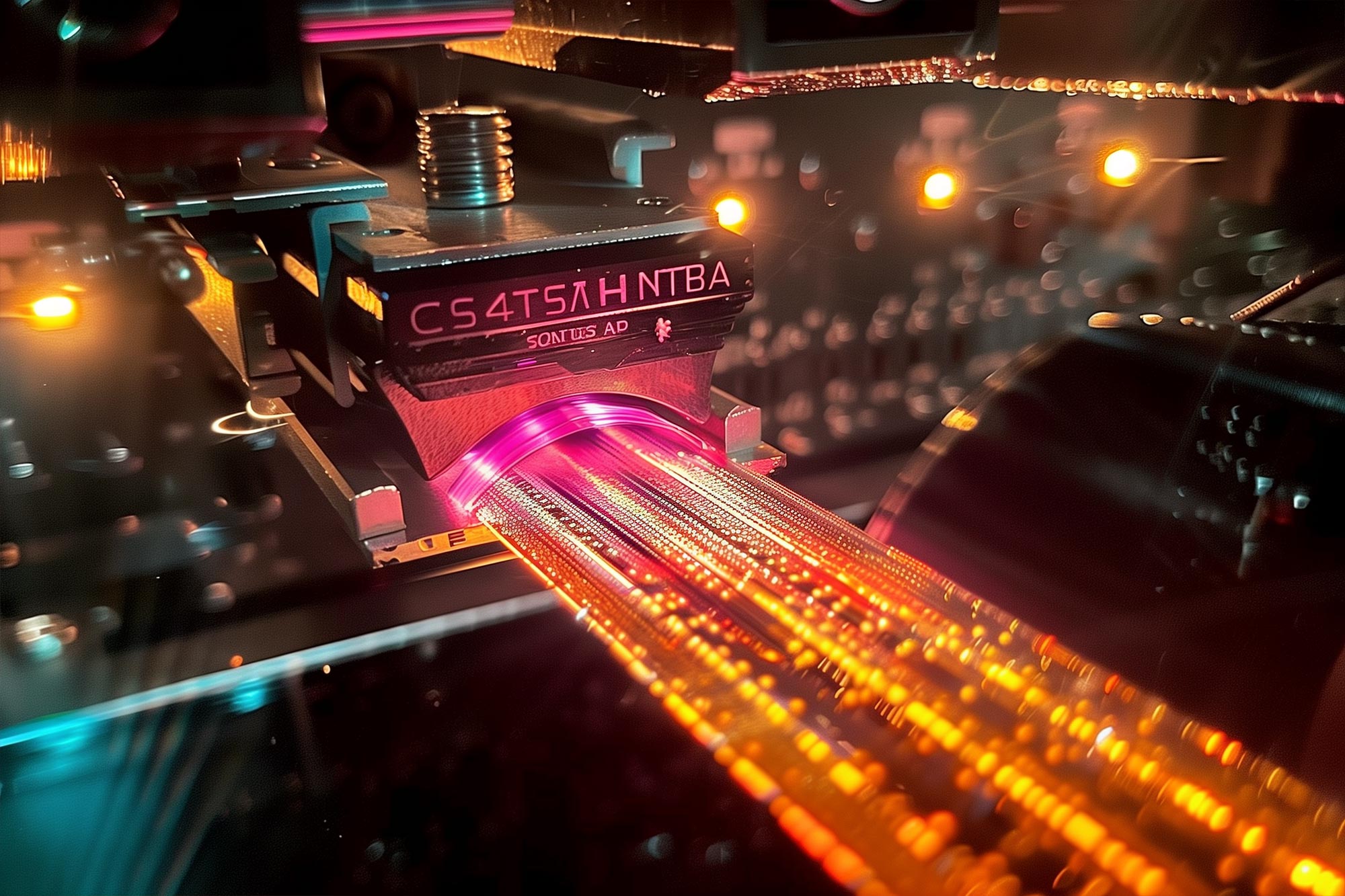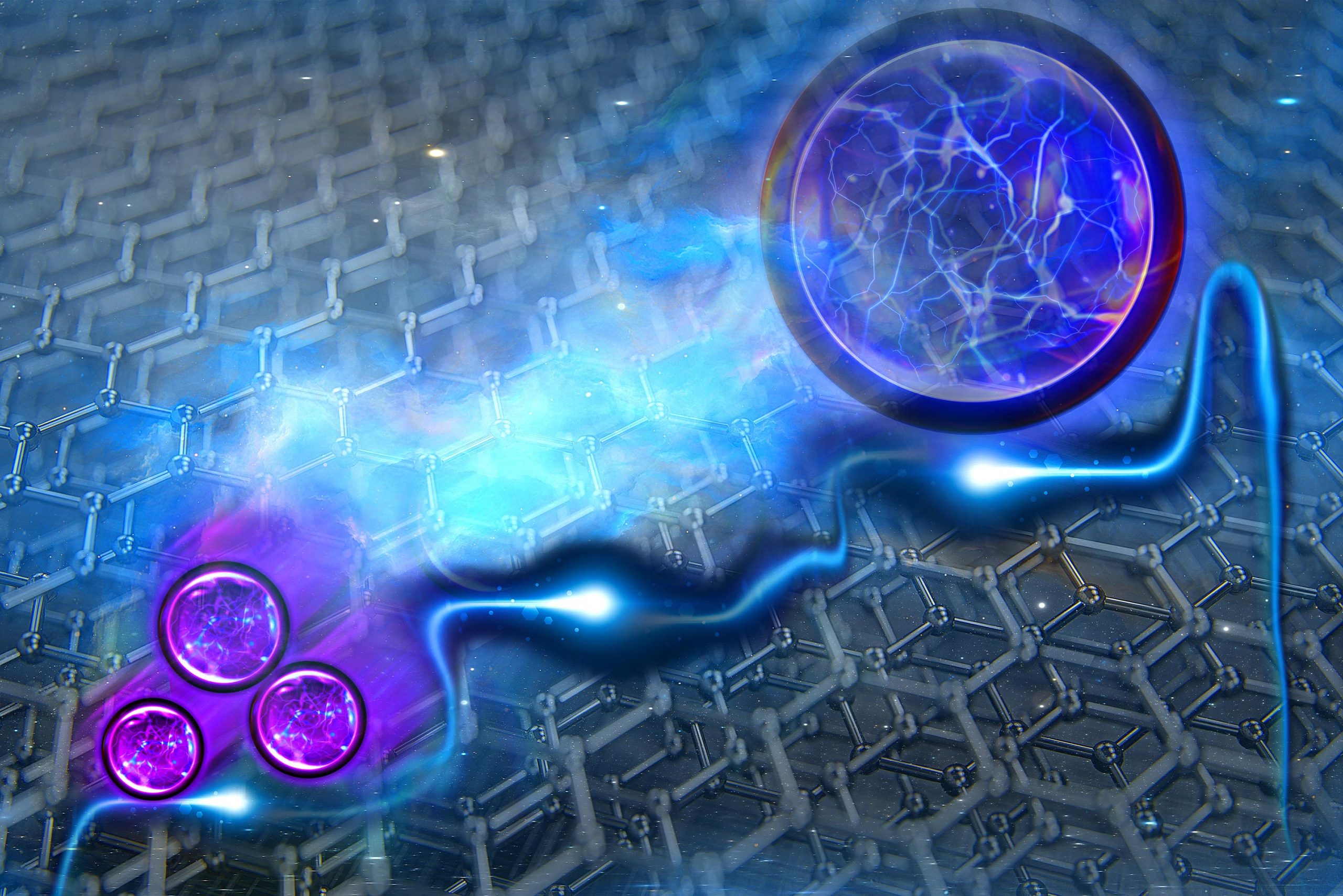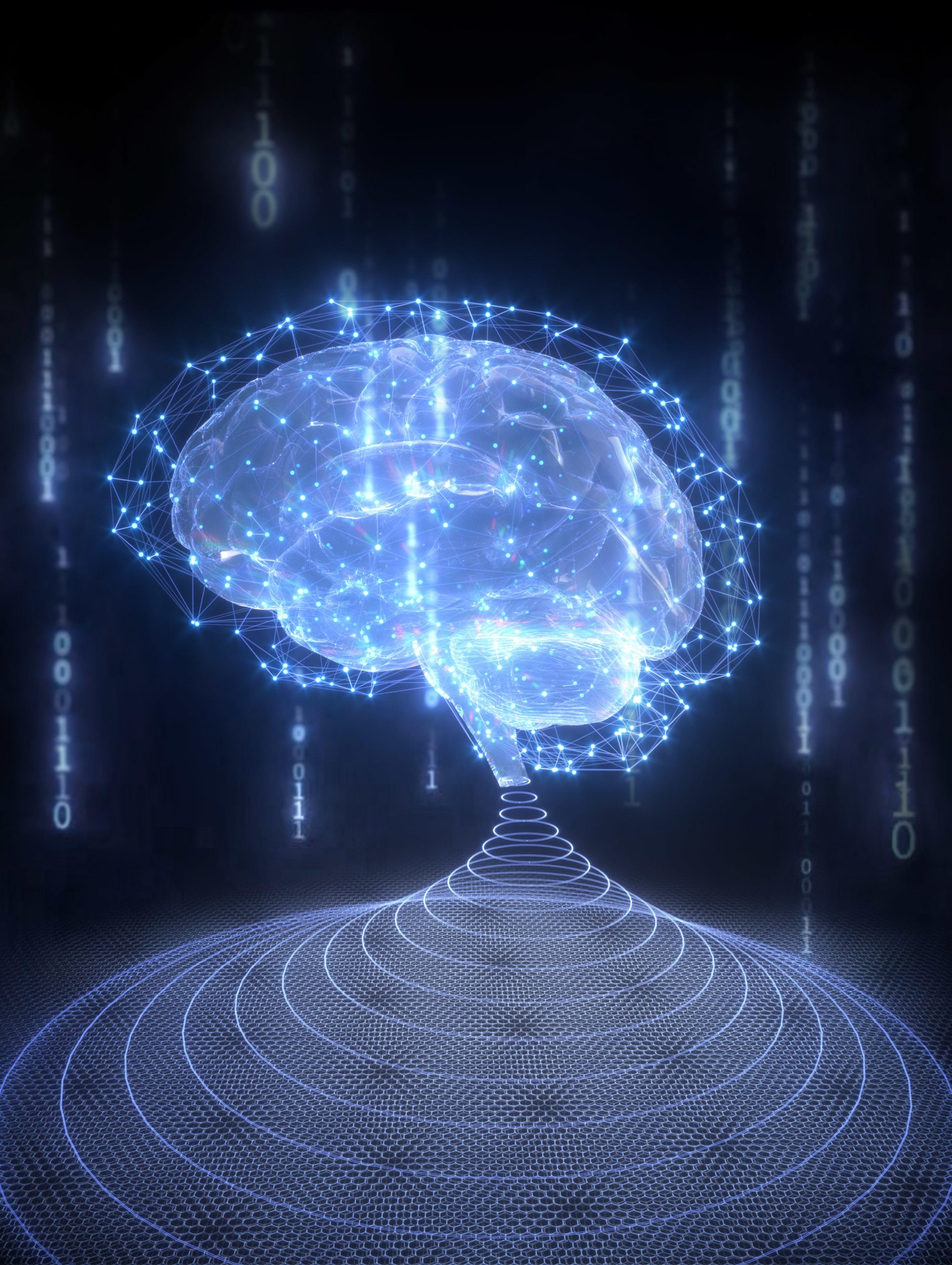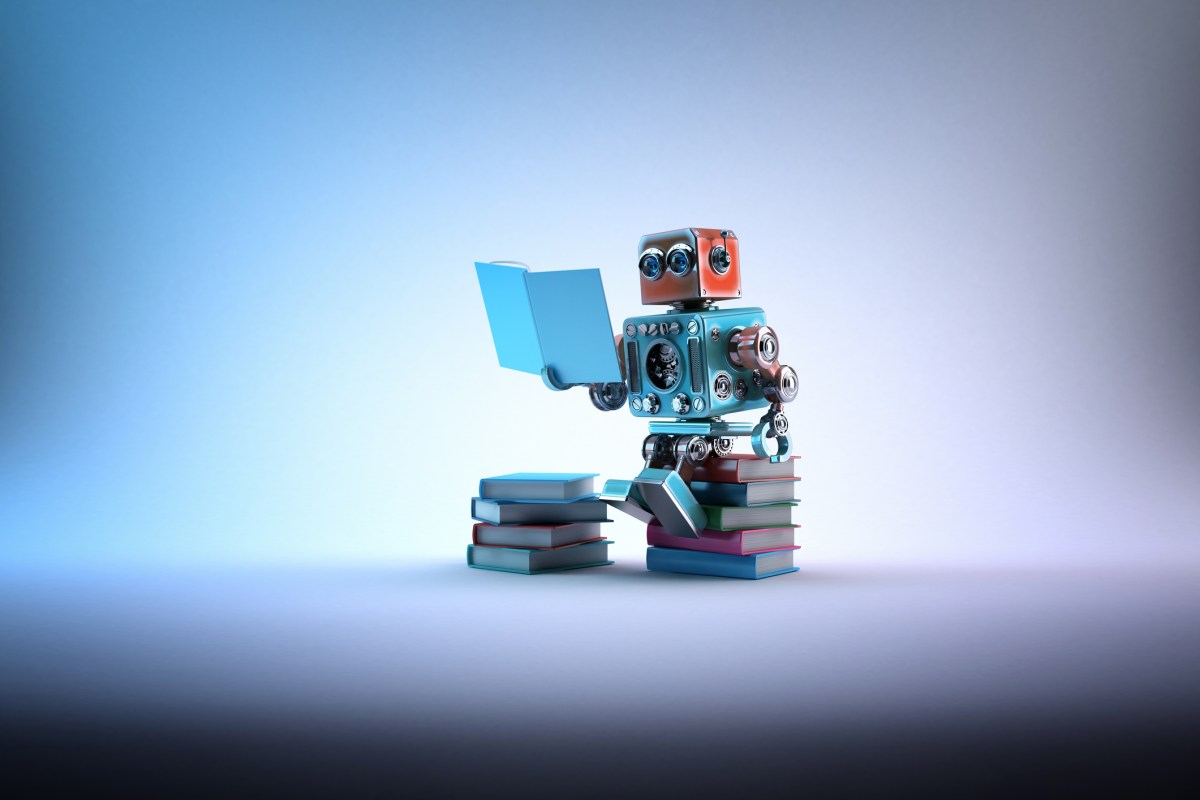Reducing Toxic AI Responses – Neuroscience News
Summary: Researchers developed a new machine learning technique to improve red-teaming, a process used to test AI models for safety by identifying prompts that trigger toxic responses. By employing a curiosity-driven exploration method, their approach encourages a red-team model to generate diverse and novel prompts that reveal potential weaknesses in AI systems. This method has …



